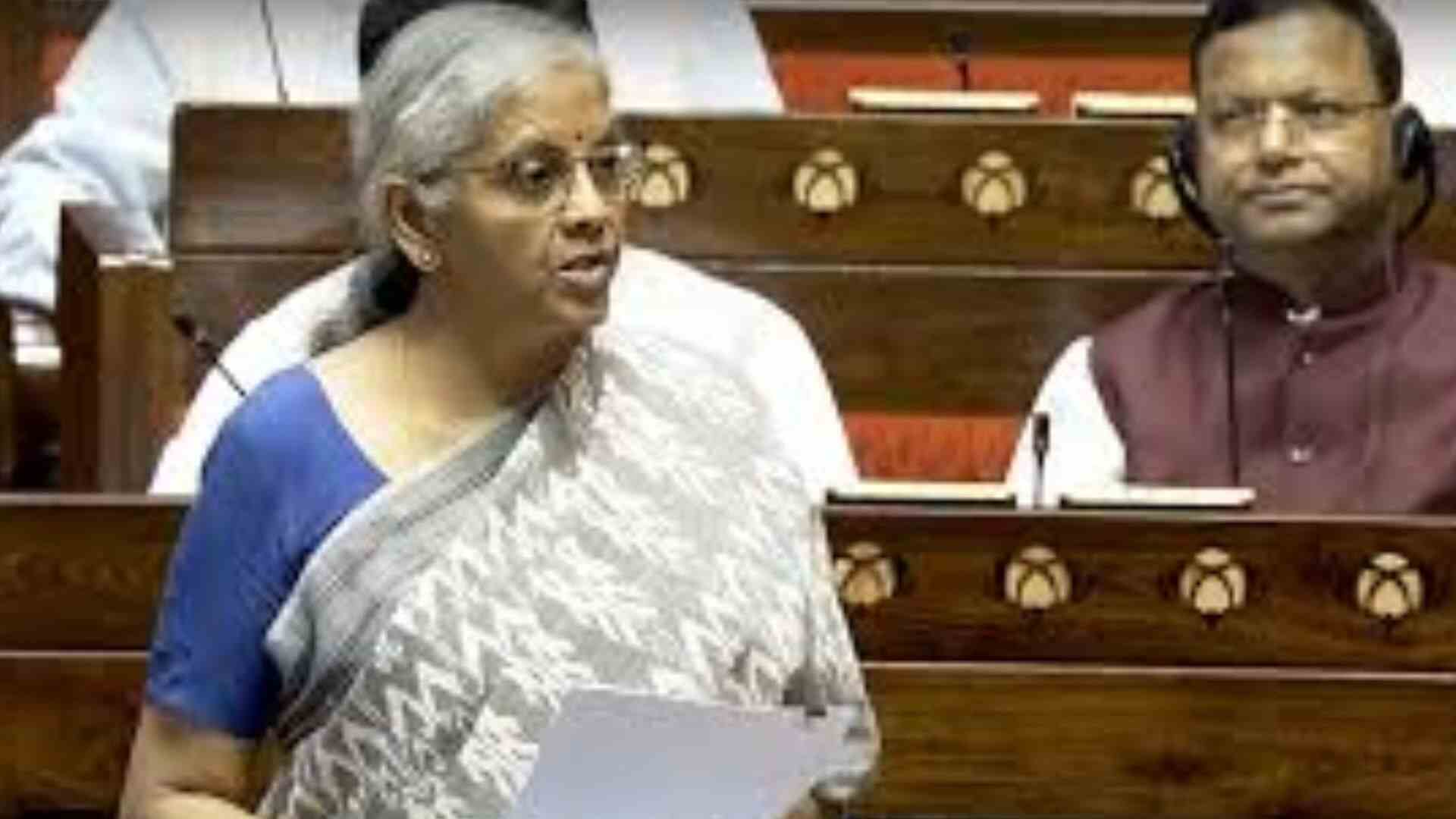In her response to the Rajya Sabha debate on the Union Budget, Finance Minister Nirmala Sitharaman defended the government’s Agniveer scheme, stating it is designed to keep the armed forces young and agile. She argued that similar practices are used in countries like the U.S. and UK, where soldiers serve shorter terms to maintain a fit and dynamic force. Sitharaman emphasised that the scheme, which recruits individuals aged 17-21, was introduced with commitment and should not be politicised.
On the National Eligibility cum Entrance Test (NEET), Sitharaman claimed that it broadens opportunities rather than disadvantaging anyone. She highlighted that Tamil Nadu has seen a significant increase in medical seats and that NEET has improved access and affordability for medical education. She criticised opposition claims about NEET being detrimental, arguing that it has led to more equitable opportunities across the board.
Sitharaman also addressed criticisms of inflation management, citing the BJP-led NDA government’s record in maintaining lower average inflation rates compared to the Congress-led UPA government. She noted that the current government’s fiscal management has been praised by global observers and emphasised substantial increases in capital expenditure.
Furthermore, she defended the allocation of funds to various states, pointing out that past budgets under the UPA government also did not name all states. Sitharaman also highlighted improvements in Jammu and Kashmir’s fiscal situation and the success of reforms in the banking sector.
In her budget speech, Sitharaman announced projects for Bihar and Andhra Pradesh, rebutting claims of state favouritism and stressing that tax revenues have grown significantly. She also noted a reduction in import duties on certain edible oils to support job creation and ensure supply stability.







